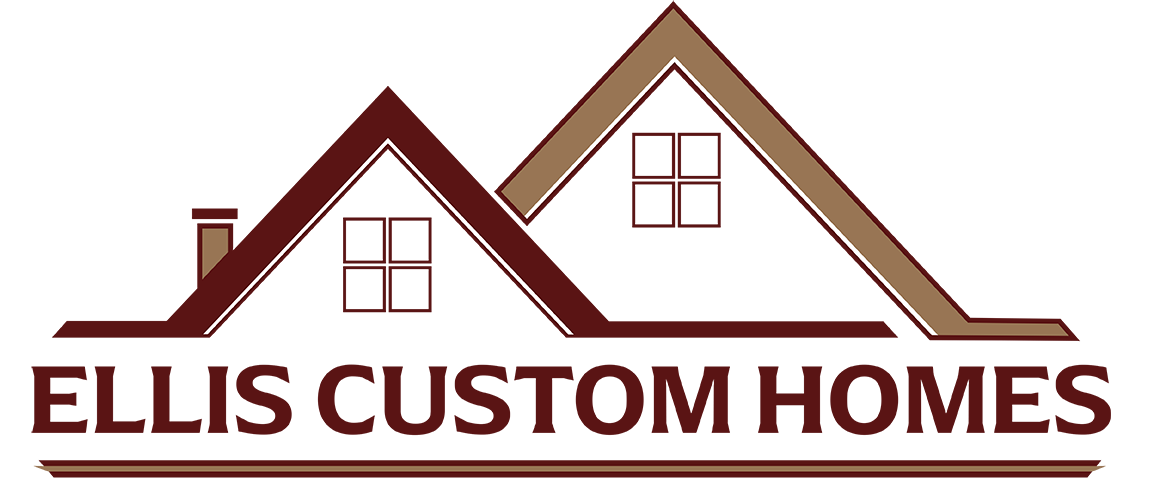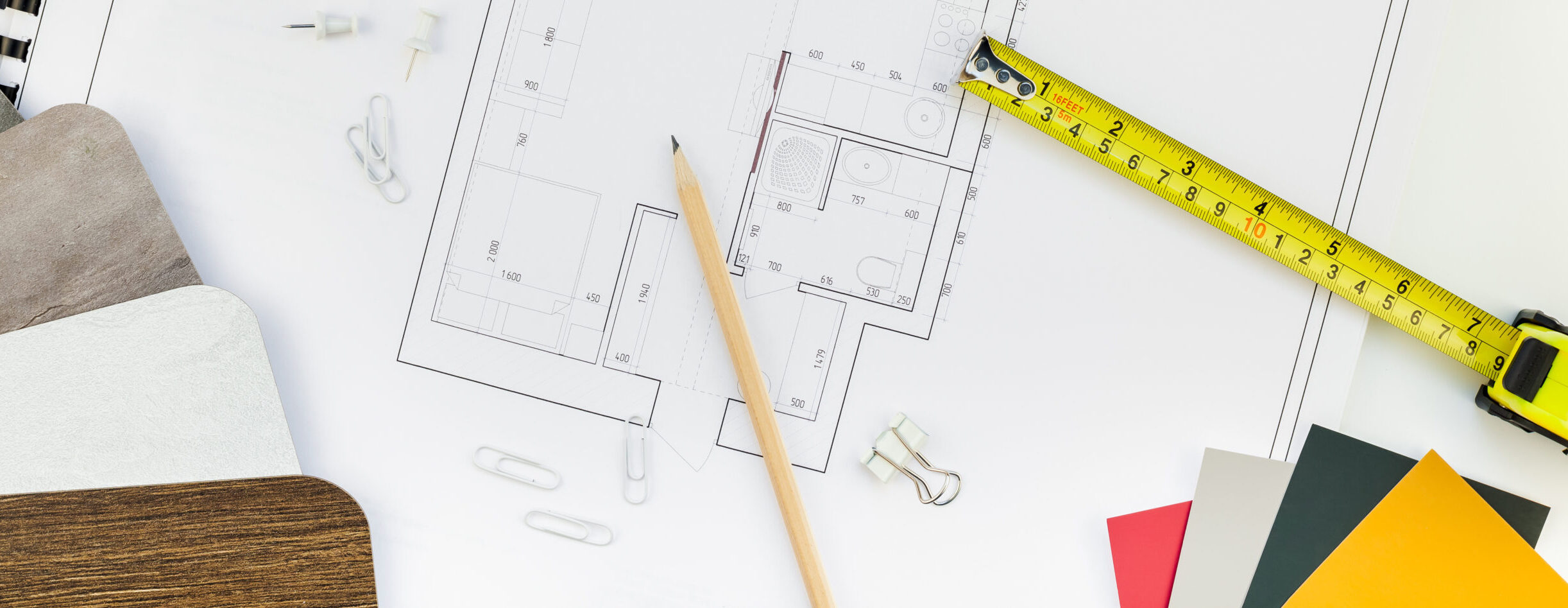Selecting a builder is one of the most important pieces of building a custom home. Builders come in all shapes and sizes, from small scale contractors who may build one or two homes a year to larger players who may build dozens. Regardless of who you choose, having the right contract in place can significantly minimize the chance for issues and disputes and can set you up for a smooth, enjoyable and low-stress building process.
Home builders typically use two types of contracts: fixed-price or cost-plus. We’ll outline these below. At Ellis Homes, in normal times when prices for building materials are stable, we use a fixed-price contract, which we find is preferable for our customers and the banks who provide their financing.
What are fixed-price contracts?
A fixed-price contract for a custom home provides you with budget certainty and peace of mind, as the final cost of the project will be specified and agreed to at the beginning. You’ll also know ahead of time all of the major items that will be used to build your home and the quality of the building materials. All of this is detailed in the contract, so there is no question for you or the builder of what goes into the home. This can be particularly appealing for those on a set budget or those who prefer a predictable process with less need to be involved in the day-to-day construction decisions.
One downside of a fixed-price contract is its limited flexibility for changes during construction. Any modifications or upgrades can lead to additional costs and potential construction delays. Additionally, some less scrupulous builders working under a fixed-price contract might be motivated to cut corners or use lower-quality materials to maximize their profit, potentially sacrificing the quality of the finished home. This is where it becomes very important to select a well-established builder with a strong reputation that you trust.
Fixed-Price Contracts:
- The builder agrees to build the home for a fixed price.
- Offers high cost certainty, as you’ll know the cost upfront.
- The builder is motivated to finish quickly to maximize their profit
- Builders typically pay for all materials upfront and complete the home in stages. After each stage, the bank will pay the builder for the work completed, after inspection.
- Limited flexibility for changes during construction.
- The builder bears the risk of any cost overruns. Though most builders will have a clause in their contracts to protect them against bearing the full responsibility for pricing spikes in building materials, such as what occurred during the Pandemic.
- Less stress as you won’t need to monitor every line item and be involved in the day-to-day decisions.
- Facilitates the building of the home at a quicker pace, as materials are known and able to be ordered well ahead of time.
Who are fixed-price contracts best for?
- Homeowners with a strict budget who want to avoid surprises.
- Simple projects with a well-defined scope and design.
- Homeowners who prefer predictability and less involvement in the construction process.
What are cost-plus contracts?
A cost-plus contract is an agreement where the contractor builder is reimbursed for the actual costs incurred during a project, plus an additional fee that covers their overhead and profit. This fee can be a set amount or a percentage of the total costs incurred to build the home. This type of contract offers the homeowner a high degree of flexibility and transparency. Changes and upgrades during the construction phase are more easily made.
However, the lack of a fixed price can be a significant downside. You may face uncertainty about the final cost, with the potential for unexpected expenses and budget overruns. It requires careful monitoring of the project and a strong trusting relationship with the builder to ensure transparency and avoid conflicts and overages.
Cost-Plus Contracts:
- You pay the actual cost of construction plus a percentage or fixed fee to the builder. profit.
- Offers maximum flexibility for changes during construction
- The final cost can be uncertain, as it depends on the actual expenses incurred during construction.
- Many banks are hesitant to finance cost-plus contracts for homes
Who are cost-plus contracts best for?
- People who want maximum flexibility
- Custom or complex projects where the final cost is difficult to estimate upfront.
- Homeowners who are comfortable with a less predictable budget and more involvement in the construction process.
While both contract types have their advantages and disadvantages, a fixed-contract is the better option for most people. This ensures you know the price ahead of time and limits surprises along the way. If you plan to seek financing from a bank for your project, it will also make that process much easier. Builders who offer fixed price contracts are typically more organized and well established, as they must accurately estimate the cost of the build at the very beginning and have pre-established relationships with suppliers and contractors. Ellis Homes uses this model.
Whichever contract model your chosen builder uses, the most important thing is that you clearly understand what you’re signing, especially when it comes to the cost of the home or how that will be determined. Your builder should review the contract with you in detail, explain its various clauses and answer any questions that you have. This will ensure the project starts off smoothly and minimizes the chance of setbacks, misunderstandings and problems along the way.
Additional Articles
Granite Countertops: What You Need to Know Before Building Your Home
We includes granite countertops as standard in all homes we build because they deliver lasting beauty and performance. Learn why granite outperforms other materials and what to look for in quality fabrication and installation.
Read moreQuiet Strength You’ll Appreciate Daily: Why We Use Engineered Floor Truss Systems
With factory‑engineered floor trusses as our standard, every Ellis Custom Home delivers stronger, quieter floors, seamless utility integration, and lasting energy‑efficient performance you’ll appreciate every day.
Read more
